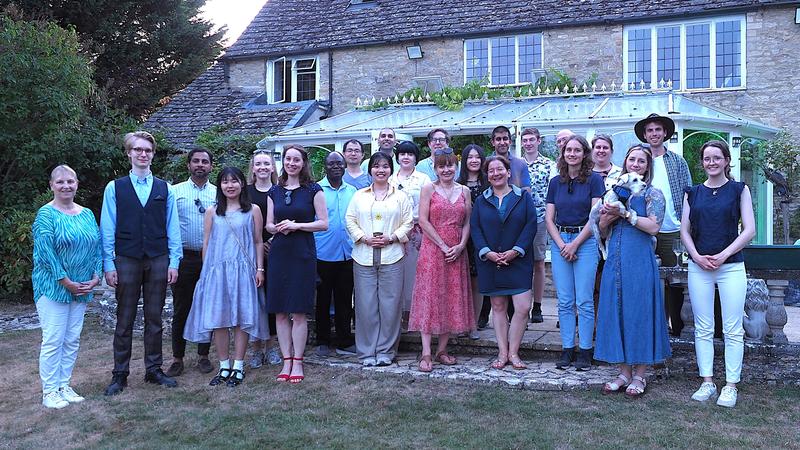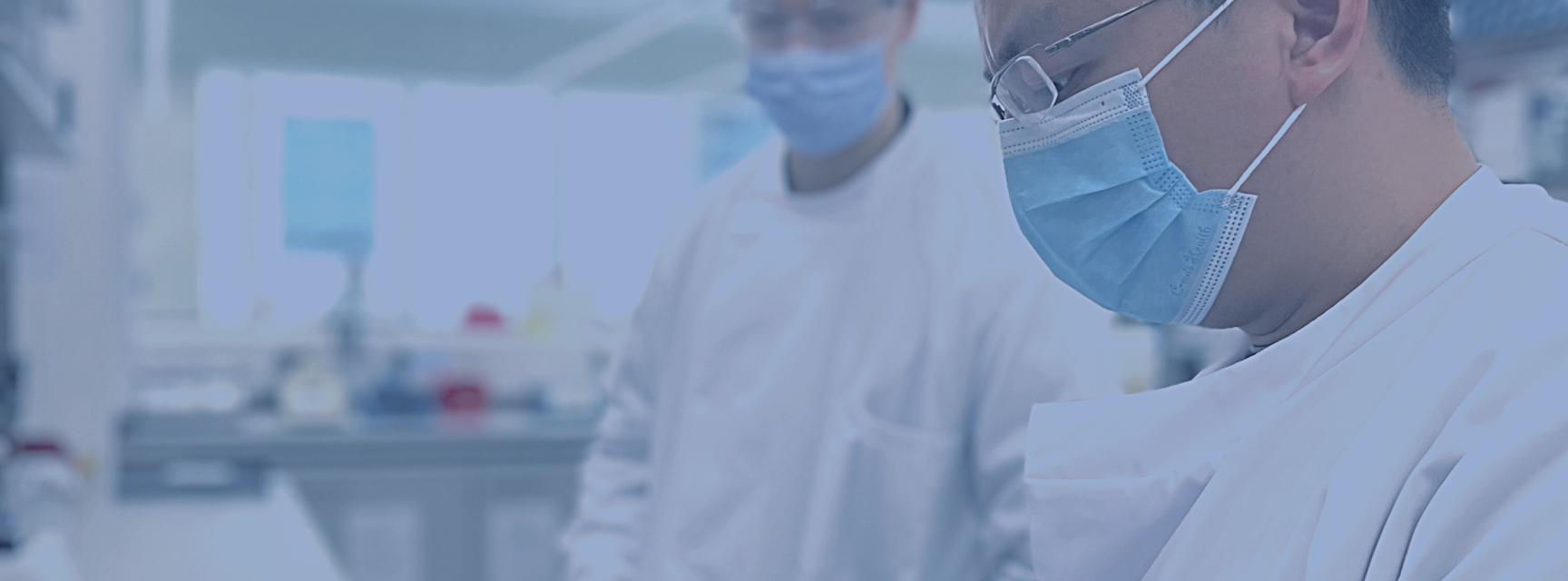Group
Working Together
Our research requires the coming together of many different disciplines to understand structure and function relationships of proteins.
Typically, our group comprises researchers with backgrounds from chemistry, physics, computer science, structural and molecular biology, as well as scientists skilled in proteomics and lipidomics and those interested in developing instrumentation.
Bringing together these skillsets enables us to tackle challenging biological questions. For example, how are receptors, ion channels and transporters regulated and controlled.
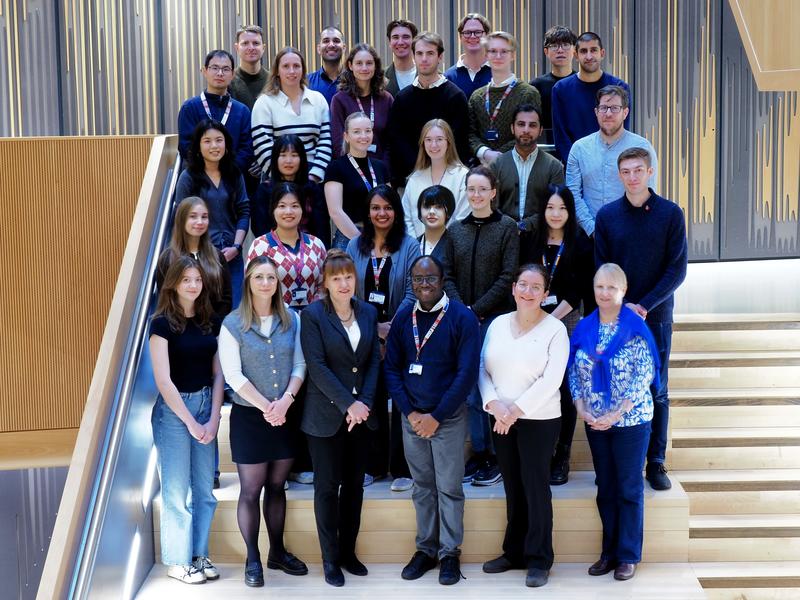
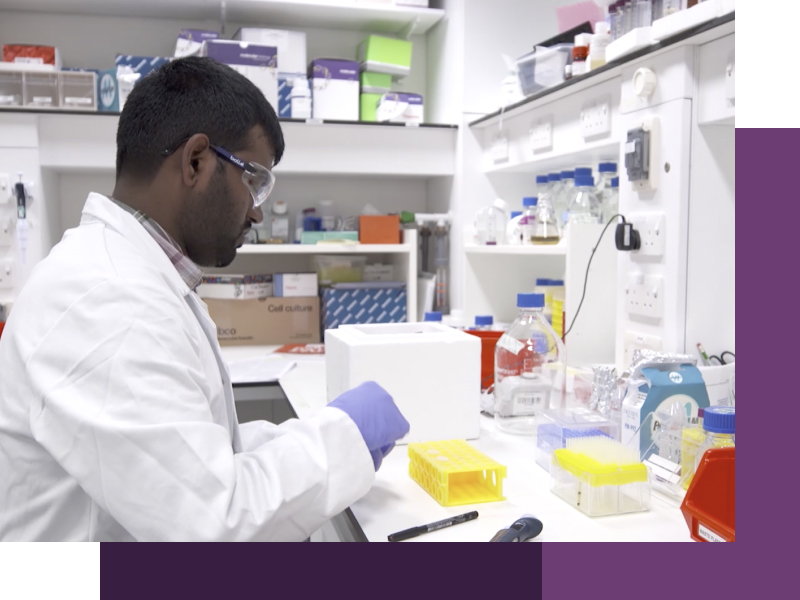
Xingyu Qiu (Philip)
Contact information: xingyu.qiu@exeter.ox.ac.uk
DPhil title: Investigating the GPCR activation process through mass spectrometry related methods
Philip is studying the GPCR activation mechanism through mass spectrometry related methods including HDX, native MS and ion mobility. Exploration of GPCR-ligand interaction during the receptor activation will promote the development of drug targeting on GPCRs.
Philip studied Chemistry at University of Oxford and joined the Robinson Group for his DPhil studies in 2018.
Abraham Oluwole
Contact information: abraham.oluwole@chem.ox.ac.uk
Abraham uses lipid/polymer nanodiscs as a platform to capture membrane proteins together with their endogenous ligands for analysis by native mass spectrometry. This may assist our understanding of native structure and function of membrane proteins in a more native-like lipid-bilayer environment.
Abraham studied Chemistry at Ladoke Akintola University of Technology, Ogbomoso and at the University of Ibadan, Nigeria. During his PhD, he investigated the use of lipid/polymer nanodiscs in biophysical characterisation of membrane proteins at the University of Kaiserslautern, Germany under the supervision of Prof. Dr. Sandro Keller. He joined the Robinson group in 2018.
Tarick El-Baba
Contact information: tarick.el-baba@chem.ox.ac.uk
Tarick’s research is focused on characterising membrane proteins involved with multidrug resistance using native mass spectrometry, proteomics, and molecular biology. His research aims to identify the mechanisms involved with drug recognition, efflux pump assembly, and substrate translocation. Tarick’s background is primarily in mass spectrometry instrument development.
Tarick obtained his BSc in Chemistry from Wayne State University in Detroit, Michigan and his PhD from Indiana University where he developed new ion mobility-mass spectrometry instruments to study protein folding in the group of Prof. David E. Clemmer. He joined the Robinson Group in 2019 as a Royal Society Newton International Fellow. A complete list of his publications can be found here.
Corinne Lutomski
Contact information: corinne.lutomski@chem.ox.ac.uk
Corinne’s background is in the development of new techniques in mass spectrometry to study large protein complexes. Her research aims to further develop detergent-free methods to study GPCRs in the context of their native environments and investigate the modulating effects of lipids on structure, dynamics, and ligand binding. A full list of Corinne’s publications can be found here. (https://scholar.google.com/citations?user=ajsWw90AAAAJ&hl=en)
Corinne received a BSc in Chemistry at Wayne State University in Detroit, Michigan, USA. She then completed her PhD at Indiana University under the supervision of Prof. Martin Jarrold. Corinne joined the Robinson group as a Marie Curie Fellow in 2019.
Aziz Qureshi
Contact information: aziz.qureshi@chem.ox.ac.uk
The focus of Aziz's research is to understand how the dynamic lipid composition of biological membranes shape the structural and functional architecture of their resident transport proteins. Employing native-mass spectrometry in combination with other MS-based approaches, he aims to establish ligand and drug screening platforms for solute carriers in the context of their native lipid environment.
Aziz completed his undergraduate studies in biochemistry from the University of Karachi, Pakistan. He completed an MSc at Uppsala University, Sweden followed by his PhD at Stockholm University. He joined the Robinson group in 2021.
Neha Kalmankar
Contact information: neha.kalmankar@chem.ox.ac.uk
Neha's research focus is on understanding the physiology of G-protein-coupled receptors (GPCRs) and their modulation in response to extracellular signals using native mass spectrometry (nMS). She is interested in combining nMS with orthogonal techniques like top-down sequencing, proteomics, transcriptomics and structural bioinformatics, to capture the dynamics of GPCR signal transduction in the context of its native lipid environment, with a particular focus on receptors that use endogenous peptides as ligands.
Neha completed her Bachelor in Engineering (in Biotechnology) from Sir M. Visvesvaraya Institute of Technology and subsequently obtained her PhD from the National Centre for Biological Science, Bangalore, Indian. She joined the Robinson Group in 2022. A complete list of her publications can be found at Neha V Kalmankar - Google Scholar.
Maya Miller
Contact information: maya.miller@chem.ox.ac.uk
Maya's research is focused on ABC transporters and metalloproteins that are involved in health and disease. She is engaged in identifying new biological targets for drug discovery, using native mass spectrometry, genomics, and molecular biology techniques. A full list of Maya's publication can be found at Maya Miller - Google Scholar.
Maya studied chemistry at the Technion-Israel Institute of Technology, and completed her PhD in Bioinorganic Chemistry at the Hebrew University of Jerusalem in Jerusalem, Israel. She joined the Robinson group in 2022.
Haigang Song
Contact information: haigang.song@chem.ox.ac.uk
Haigang's research is focused on membrane proteins related to multidrug resistance (MDR) of invasive fungi. He aims to reveal the molecular mechanism underlaying the MDR by combining native mass spectrometry (nMS), proteomics, structural biology and other biophysical methods. Haigang has a strong background in structural enzymology and now turns his interest to nMS. His publication list can be found here.
Haigang obtained his Bachelor's degree majoring in Chemistry from the University of Science and Technology of China and his PhD from Hong Kong University of Science and Technology. Before joining the Robinson Group in 2022, he worked with Professor Jim Naismith.
Carla Kirschbaum
Contact information: carla.kirschbaum@chem.ox.ac.uk
Carla is interested in the role of protein-lipid interactions in the cell membrane in health and disease. In particular, she investigates how the altered lipid metabolism in diseased cells affects the structure and function of membrane proteins using native mass spectrometry in combination with laser-induced photodissociation.
Carla studied Chemistry at Freie Universität Berlin and Ecole Normale Supérieure de Paris. She completed her PhD in 2023 in collaboration with the Fritz Haber Institute of the Max Planck Society under the supervision of Prof. Kevin Pagel. A full list of her publications can be found here: https://orcid.org/0000-0003-3192-0785. Carla joined the Robinson Group in 2023.
Jingjin Fan
Contact information: jingjin.fan@chem.ox.ac.uk
Jingjin’s research is focused on advancing soft-landing methods to explore the gas-phase structure and conformational variability of membrane proteins. Her research aims to deepen the understanding of protein structures in the gas phase, with important implications for shedding light on protein structure in unique environments.
During her PhD, Jingjin developed the microdroplet ESI soft-landing platform and investigated the structural integrity of soluble proteins and the process of amyloid fibrillation under supervision of Prof. Xiaoyu Zhou and Prof. Zheng Ouyang at Tsinghua University. Her publication list can be found here.
Jingjin joined the Robinson Group and Rauschenbach Group in 2023 and became a Marie Curie Fellow in 2024.
Kiran Bountra
Contact information: kiran.bountra@chem.ox.ac.uk
Kiran’s research is focused on applying native mass spectrometry and biochemical methods to the study of membrane transport proteins involved in multidrug resistance. He previously worked as a Senior Scientist at OMass Therapeutics, specializing in drug discovery projects targeting solute carriers.
Kiran studied Biochemistry at the University of Sheffield. He also holds an MRes and PhD from Imperial College London. During his PhD, Kiran investigated the structure and mechanism of peptide ABC transporters. He joined the Robinson Group in 2024.
Ye Xin
Contact information: ye.xin@chem.ox.ac.uk
Ye's research is focused on studying therapeutic GPCR activation and antagonism using native MS, HDX-MS, and top-down MS, to gain insight into structural and functional mechanisms of GPCR, with the goal of uncovering details that could guide therapeutic strategies. Her publication can be found at Ye Xin - Google Scholar.
Ye completed her PhD at ShanghaiTech University under the supervision of Prof. Wenqing Shui, where she developed a hybrid screening platform based on affinity selection MS to accelerate GPCR ligand discovery. She joined the Robinson Group in 2024.
Xue Sun (Sophia)
Contact information: xue.sun@chem.ox.ac.uk
Cameron Fairweather
Contact information: cameron.fairweather@chem.ox.ac.uk
Cameron's research focus is developing workflows for the purification of large membrane protein complexes from brain tissue for analysis by mass spectrometry.
Cameron completed his BSc (Hons) at the University of Melbourne in 2016, then worked as a research scientist at CSL. In 2025 he completed his PhD at Monash University, where he characterised the structure and dynamics of class B G protein-coupled receptors (GPCRs). He joined the Robinson Group in August 2025.
Jack Bennett
Contact information: jack.bennett@chem.ox.ac.uk
DPhil Title: Native top-down mass spectrometry of endogenous membrane proteins
Jack’s research explores how the function of endogenous membrane proteins can be modulated by interactions with proteins, lipids, and metabolites. Through such investigations, he aims to characterise key molecular pathways involved in the pathogenesis of brain disorders.
Jack obtained his Bachelor of Medicinal Chemistry (Hons 1M) and Master of Philosophy in Chemistry from the University of New South Wales (Sydney, Australia) under the supervision of Prof. W. Alexander Donald. During this time, he developed mass spectrometry-based methods for the identification and characterisation of enzyme inhibitors. He joined the Robinson group for his DPhil studies in 2022
Siyuan Song (Roxanne)
Contact information: siyuan.song@chem.ox.ac.uk
DPhil title: Biological applications of mass spectrometry to the study of membrane proteins
Roxanne’s interest lies in applying the technique of native mass spectrometry (nMS) to investigate the post-translational modifications and ligands of various membrane proteins, particularly GPCRs. Combining nMS with other molecular biological methods, she hopes to elucidate the signalling mechanisms through membrane proteins.
Roxanne obtained her BSc in Biological Sciences from Imperial College London. She joined the Robinson group for her DPhil studies in 2023.
Sophie Lawrence
Contact information: sophie.lawrence@worc.ox.ac.uk
Sophie obtained her Master of Chemistry (MChem) from the University of Oxford (Lady Margaret Hall) in 2023. During this time, she worked in the Robinson Group as a Part II student (2022-23) where she probed the structure of membrane-bound proteins by native mass spectrometry. She has remained in the Robinson Group for her DPhil studies.
Olivia Ramsay
Contact information: olivia.ramsay@st-hildas.ox.ac.uk
Olivia’s DPhil project applies native mass spectrometry (nMS) to investigate membrane proteins involved in cancer initiation and progression. By studying these proteins, she aims to uncover key molecular mechanisms that contribute to cancer development, potentially leading to new therapeutic strategies.
Olivia obtained her BSc (Hons) in Pharmacology from the University of Edinburgh and Master of Research in Drug Discovery and Development from Imperial College London. She joined the Robinson group for her DPhil studies in 2024.
Frances Butroid
Contact information: frances.butroid@chem.ox.ac.uk
Frances is interested in using native top-down mass spectrometry (nTDMS), along with native MS, to explore G-protein coupled receptors expressed in the brain. Through her studies, Frances aims to develop our molecular understanding of mechanisms which may contribute to anhedonia.
Frances obtained her Master of Chemistry (MChem) at the University of Oxford (2024), where she completed her Part II project in the Robinson group, exploring the fragmentation patterns of mammalian membrane proteins, in particular using nMS and nTDMS to investigate a human ABC transporter.
Titas Radzevicius
Contact information: titas.radzevicius@chem.ox.ac.uk
DPhil title: Investigation of trans-synaptic protein complexes using native mass spectrometry.
Titas is focused on applying native mass spectrometry (nMS) to investigate protein complexes guiding learning in the brain. Using nMS in concert with biological assays, he aims to understand the importance of trans-synaptic connections formed by multimeric protein complexes in development, learning and memory formation.
The Group is fortunate to have three experienced technical staff, Dr. Andrew Dolan, Parisa Yavari BSc (Hons), and Mark Selwood. Andy, our technical laboratory manager is responsible for the maintenance and smooth running of the current instruments and Parisa ensures the day-to-day smooth running of all aspects of the laboratory with Mark's help.
The Group is also supported by Carol's Executive Assistant, Linda Webb.

|
Timothy Allison Lecturer University of Canterbury - New Zealand |

|
Nelson Barrera Assistant Professor Pontificia Universidad Catolica de Chile, Santiago - Chile |
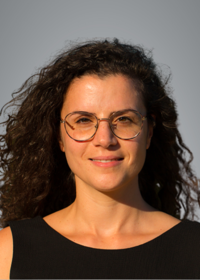
|
Cherine Bechara Assistant Professor University of Montpelier - France |

|
Justin Benesch Professor University of Oxford - United Kingdom |
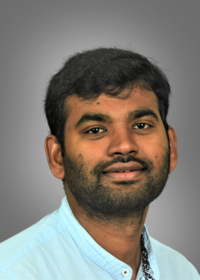
|
Jani Bolla Royal Society University Research Fellow University of Oxford - United Kingdom |

|
Antoni Borysik Senior Lecturer in Analytical Chemistry King’s College, London - United Kingdom |
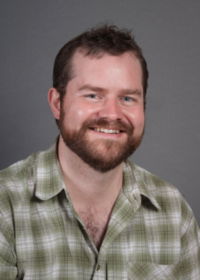
|
Matthew Bush Associate Professor University of Washington - USA |
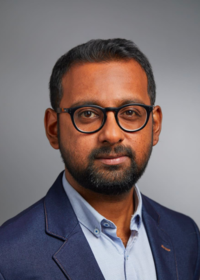
|
Kallol Gupta Assistant Professor Yale School of Medicine - USA |
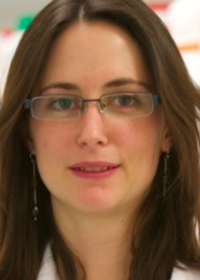
|
Zoe Hall Lecturer Imperial College, London - United Kingdom |

|
Leopold Ilag Associate Professor Stockholm University - Sweden |

|
Arthur Laganowsky Associate Professor Texas A & M University - USA |
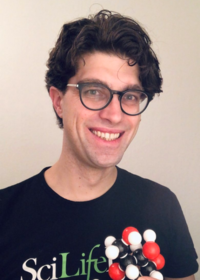
|
Michael Landreh Assistant Professor Karolinska Institute - Sweden |

|
Julien Marcoux Researcher Institute of Pharmacology & Structural Biology, Toulouse - France |
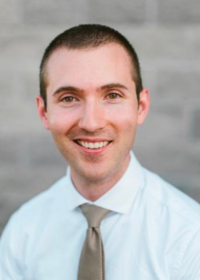
|
Michael Marty Associate Professor University of Arizona - USA |

|
Nina Morgner W2-Heisenberg. Professor Goethe University,Frankfurt - Germany |

|
Kevin Pagel Professor Free University of Berlin - Germany |

|
Argyris Politis Senior Lecturer in Chemical Systems Biology King’s College, London - United Kingdom |
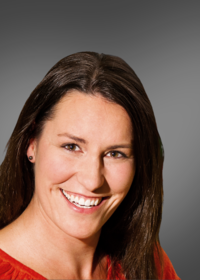
|
Tara Pukala Associate Professor The University of Adelaide - Australia |

|
Eamonn Reading UKRI Future Leader Fellow King's College, London - United Kingdom |

|
Brandon Ruotolo Professor of Chemistry University of Michigan - USA |

|
Carla Schmidt Assistant Professor Martin Luther University - Germany |

|
Michal Sharon Professor Weizmann Institute of Science - Israel |

|
Frank Sobott Professor University of Leeds - United Kingdom |
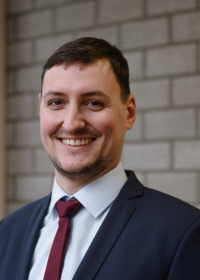
|
Leonhard Urner Independent Junior Research Group Leader TU Dortmunt University - Germany |
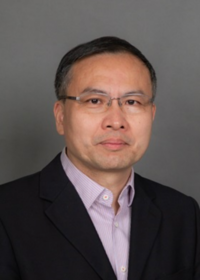
|
Yao Zhongping Professor Hong Kong Polytechnic University - Hong Kong |
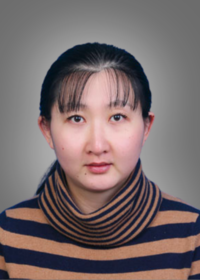
|
Min Zhou Professor Nanjing University of Science & Technology - China |
Group Christmas Dinner 2017 |
|---|
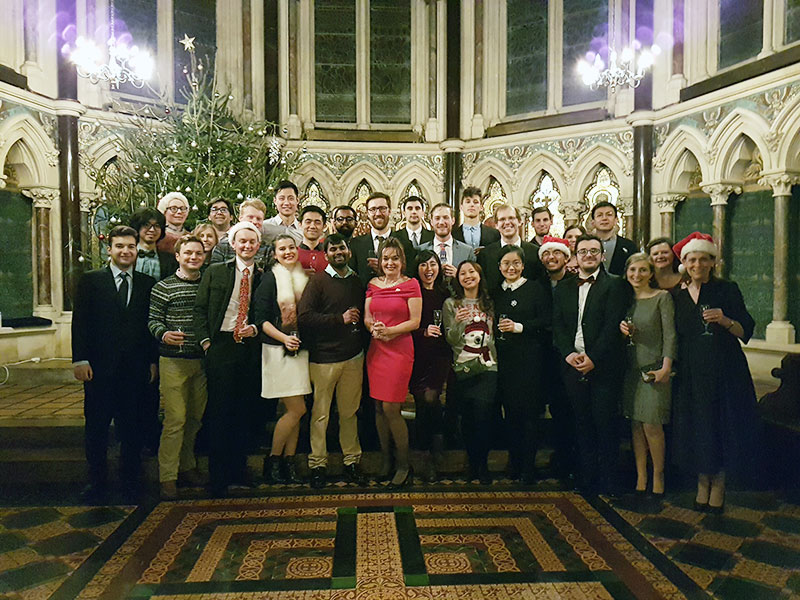
|
Group Christmas Dinner 2018 |
|
|---|---|
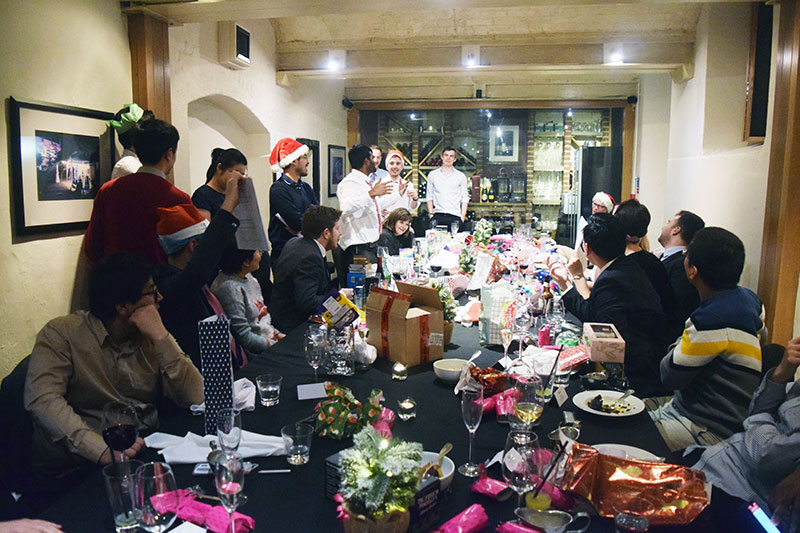
|
|

|
|
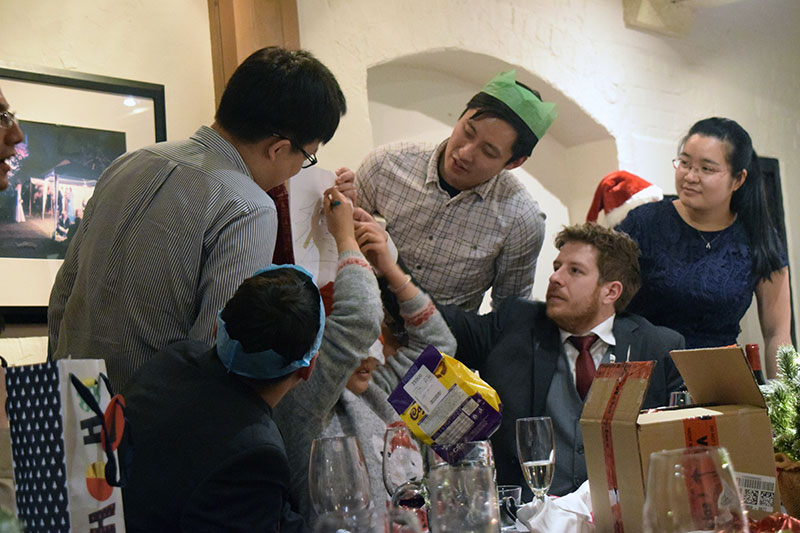
|
|
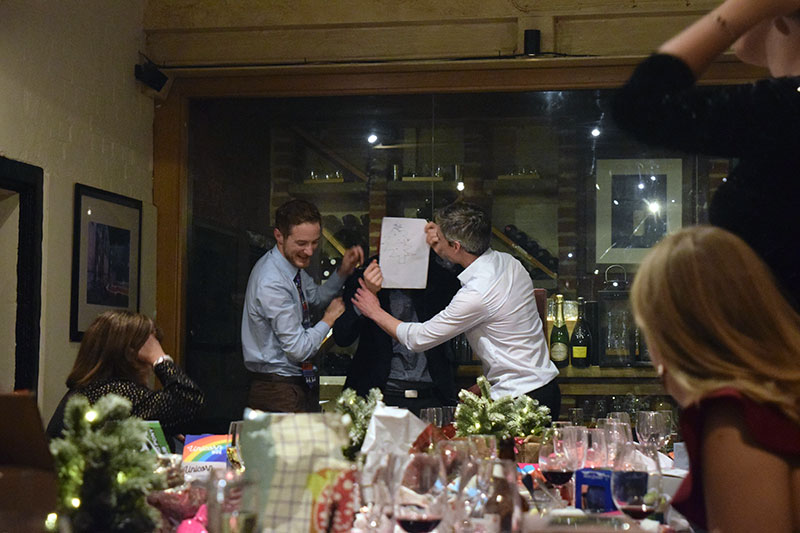
|
Group Christmas Dinner 2019 |
|---|
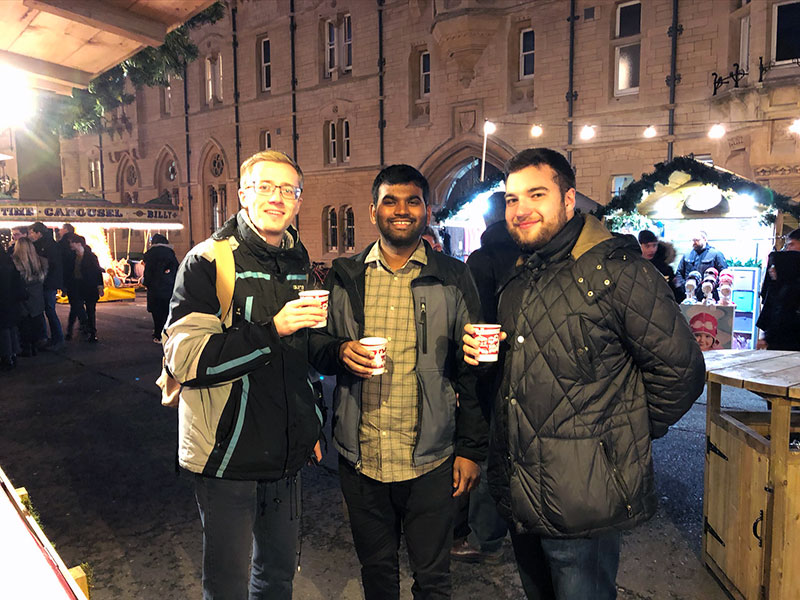
|
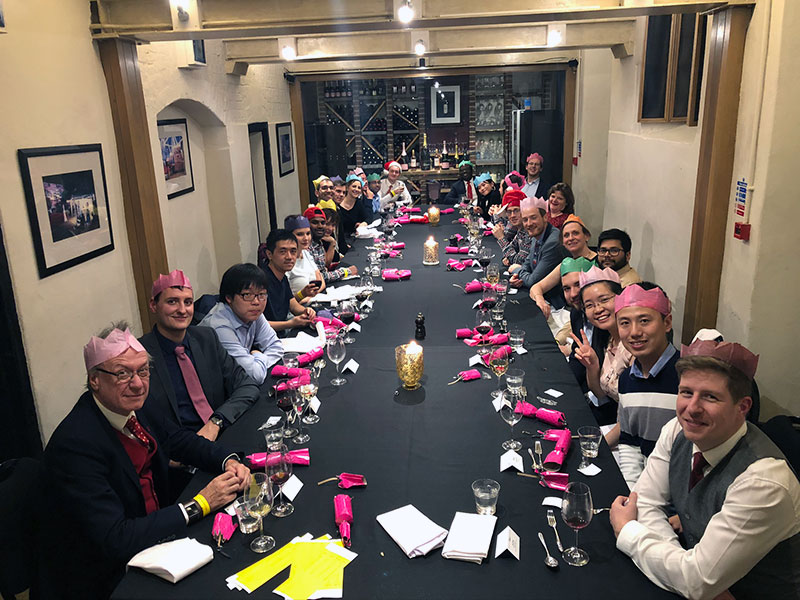
|
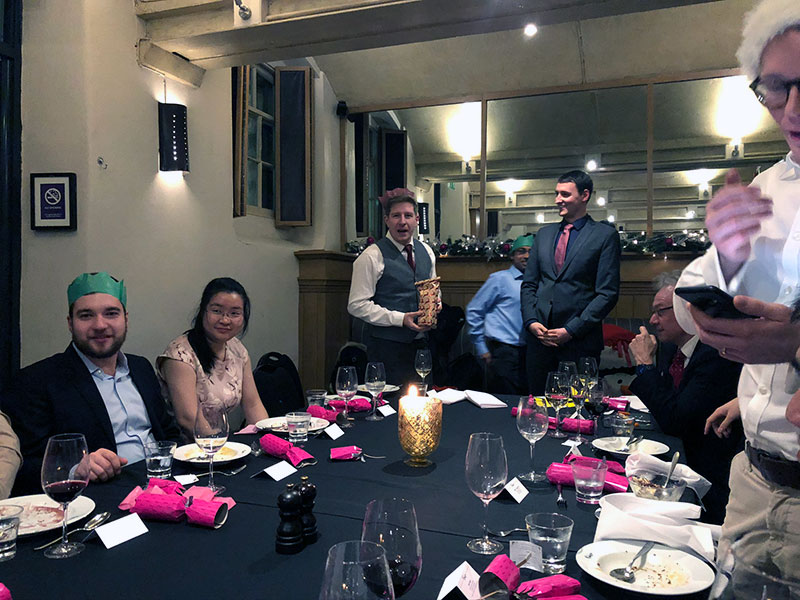
|
Group Christmas Dinner 2023 |
|---|
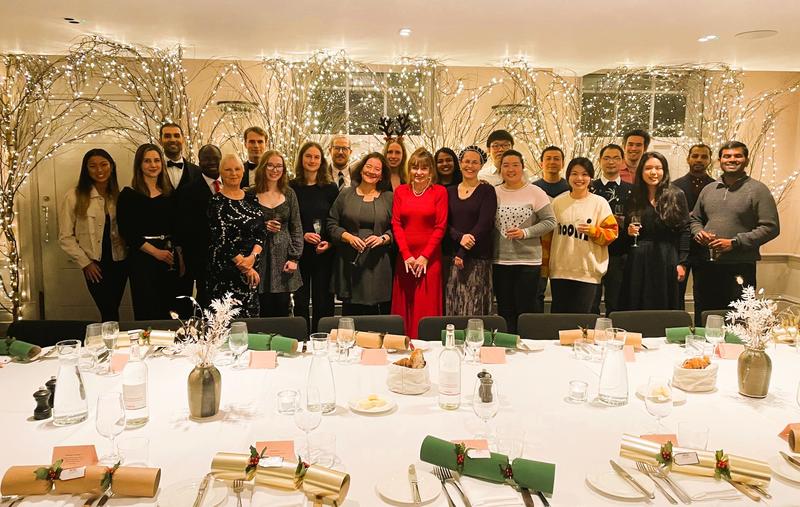
|
Group Christmas Dinner 2024 |
|---|
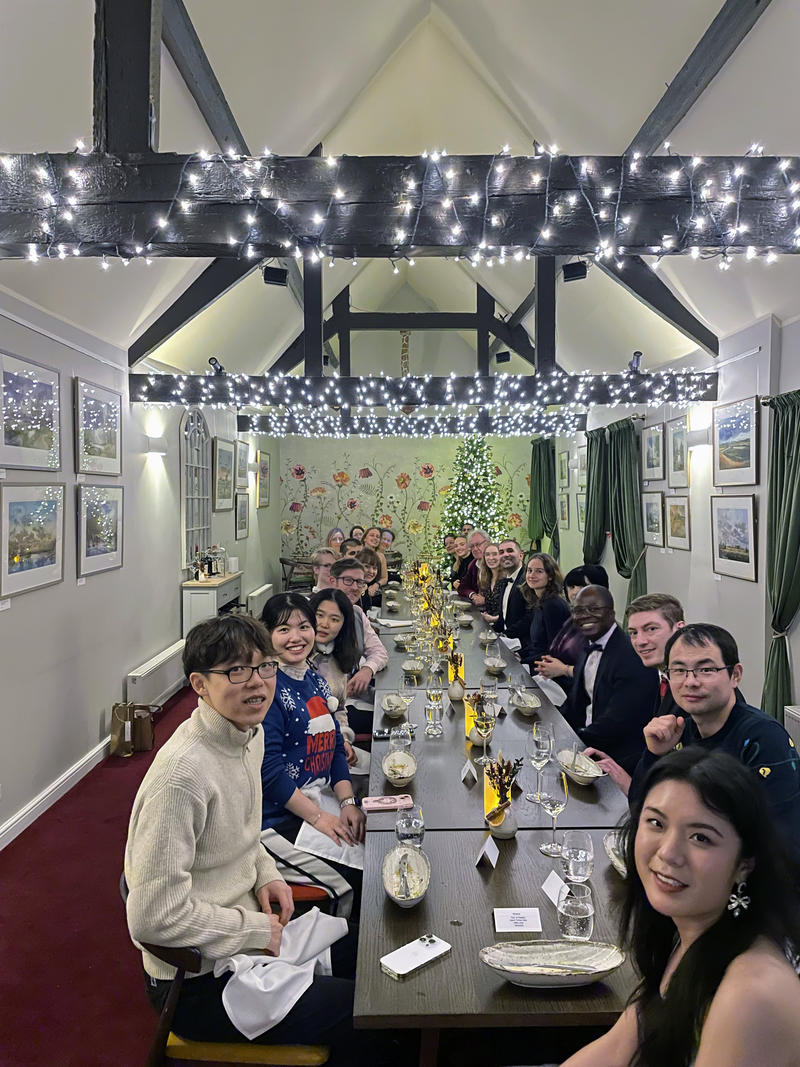
|
Group Christmas Dinner 2025

Group Summer BBQ 2017 |
|---|
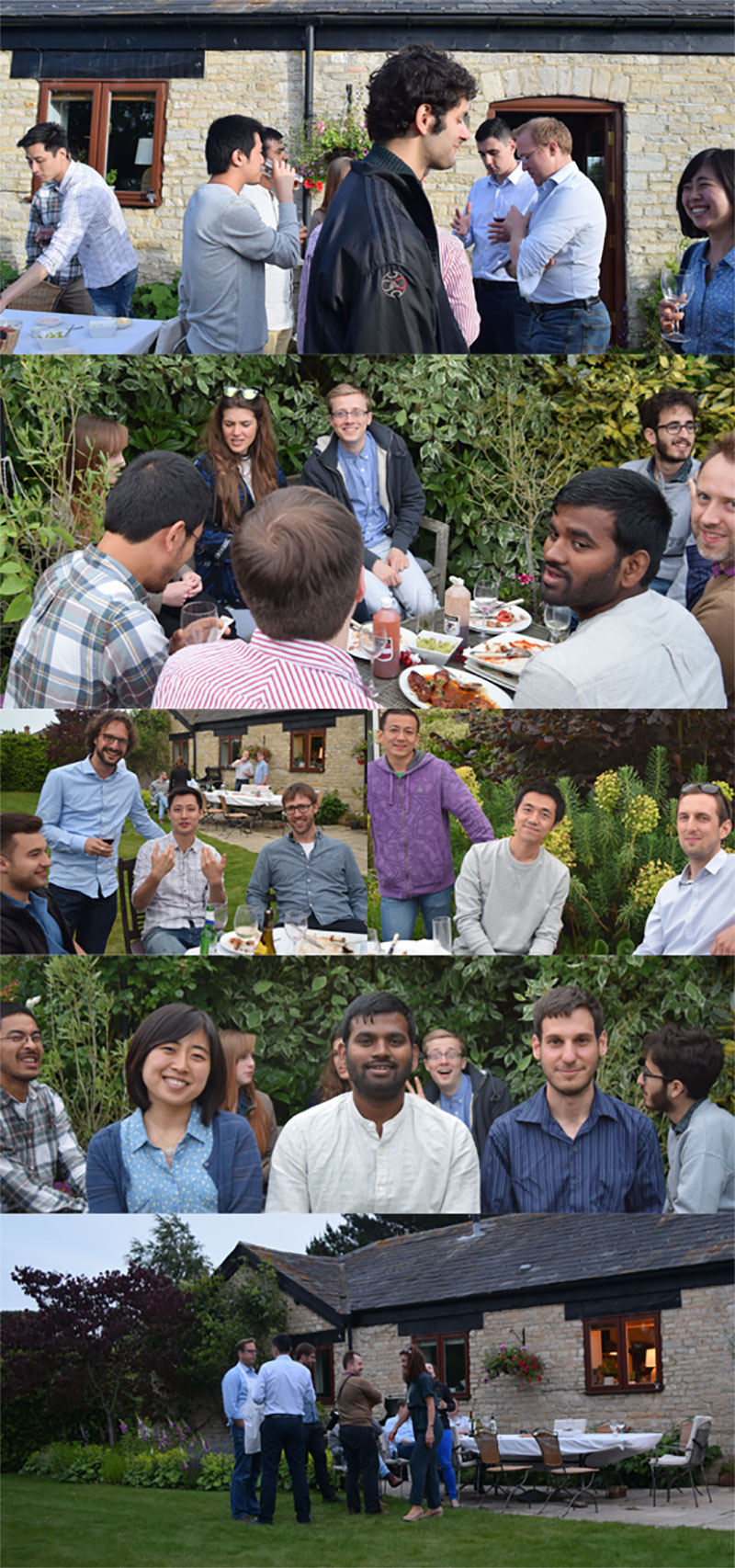
|
Group Summer BBQ 2018 |
|---|
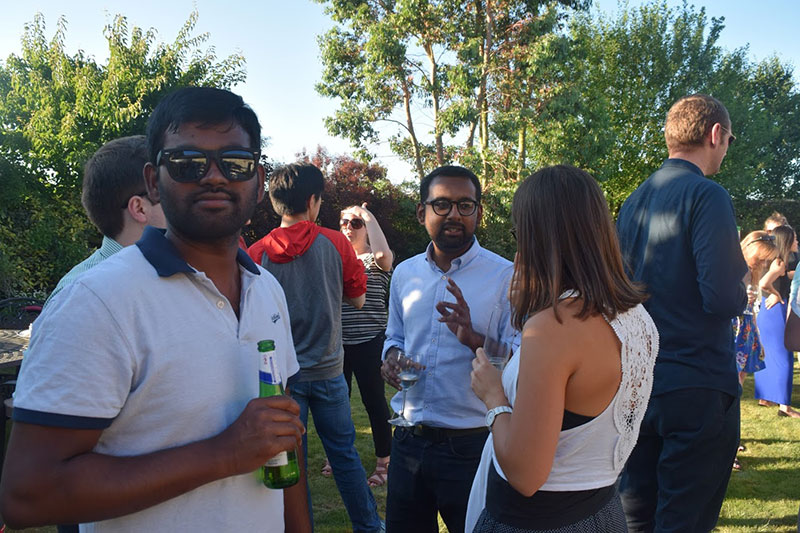
|
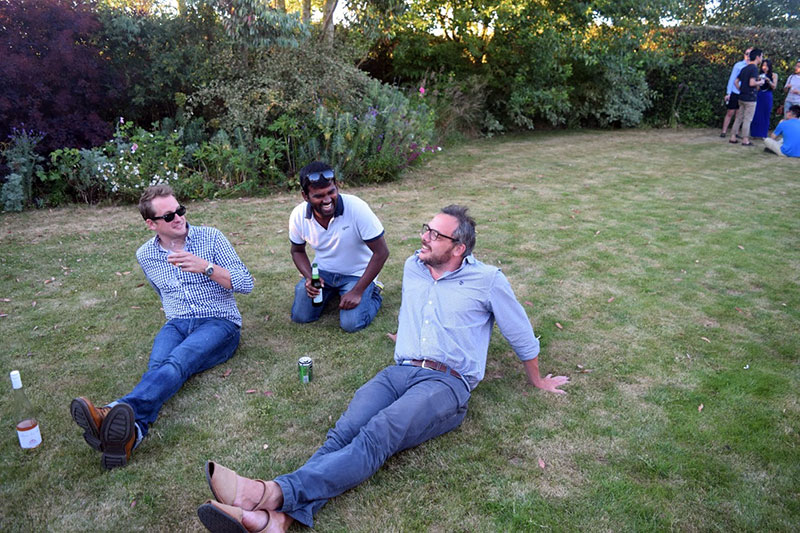
|

|
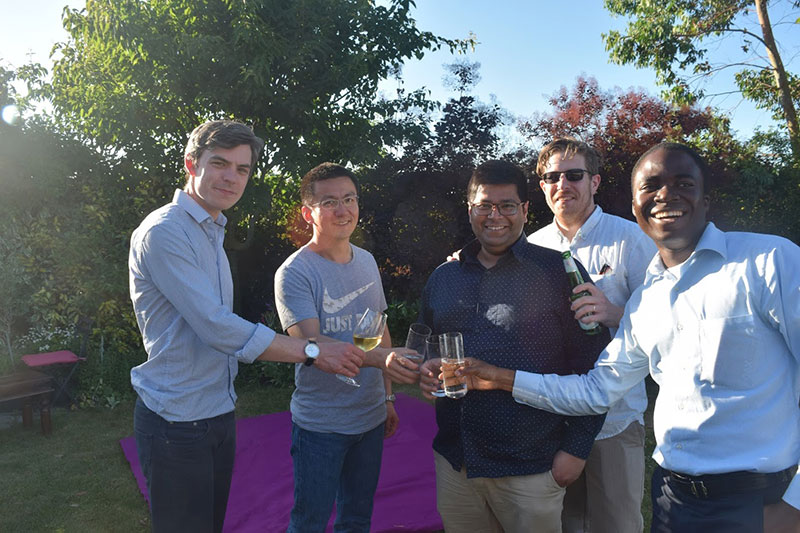
|
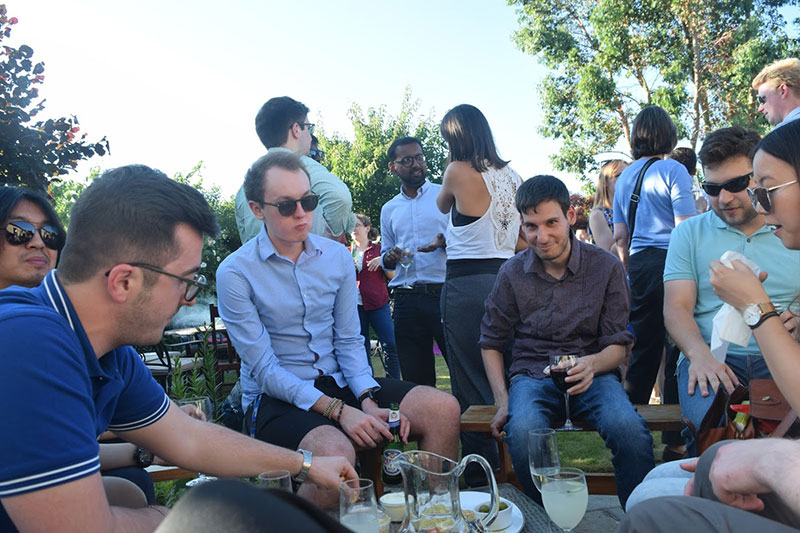
|
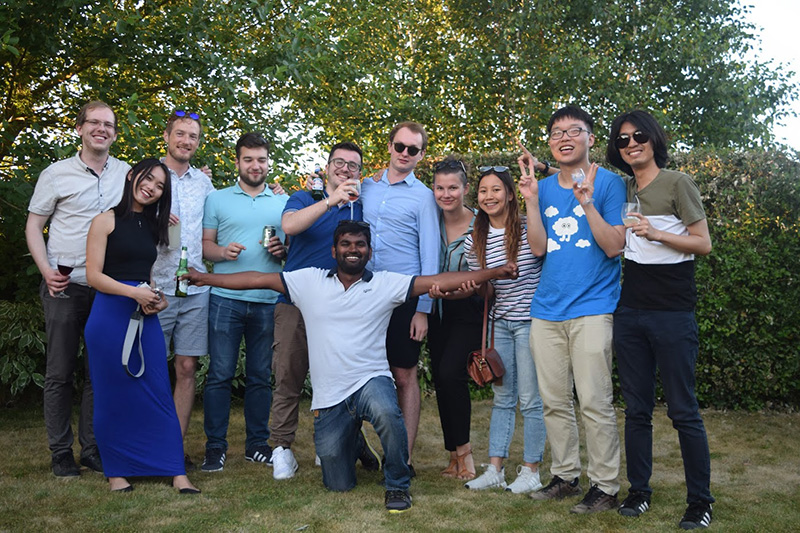
|
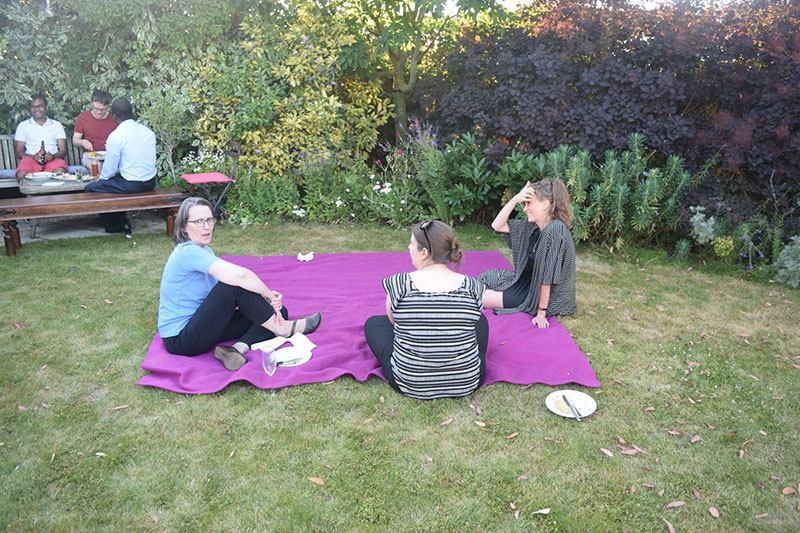
|
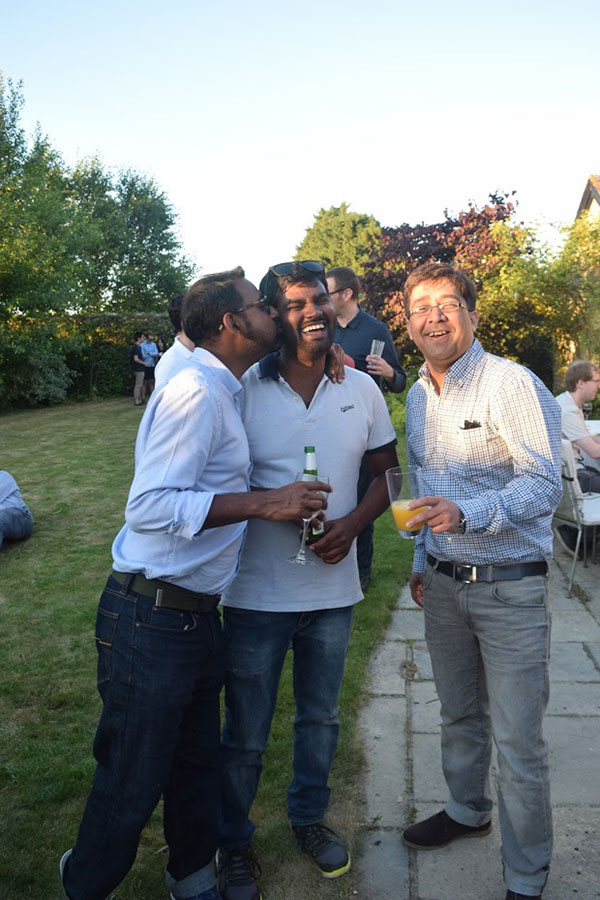
|
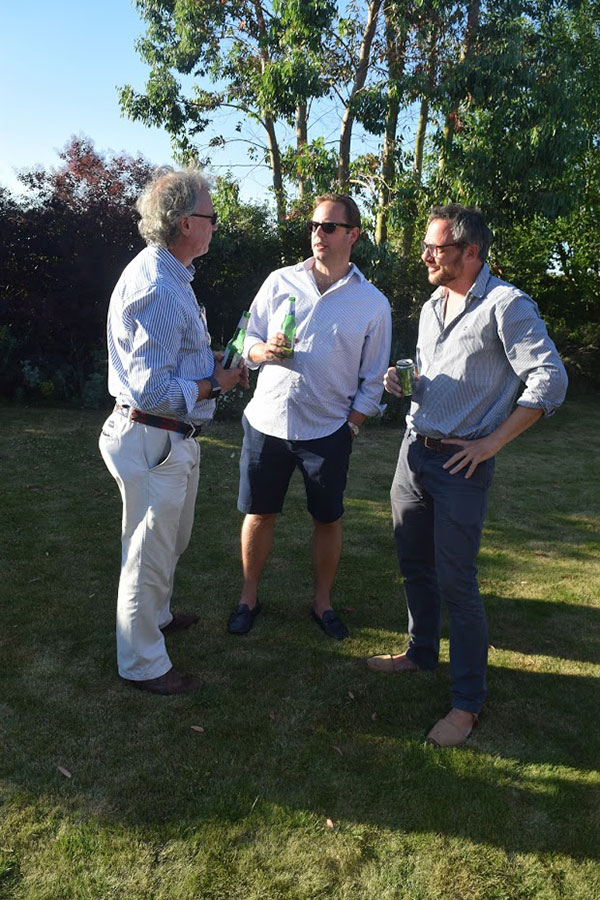
|
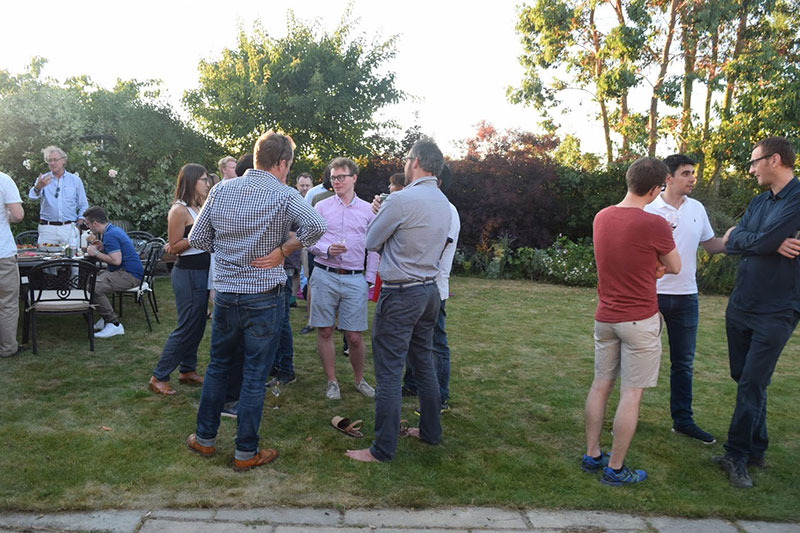
|
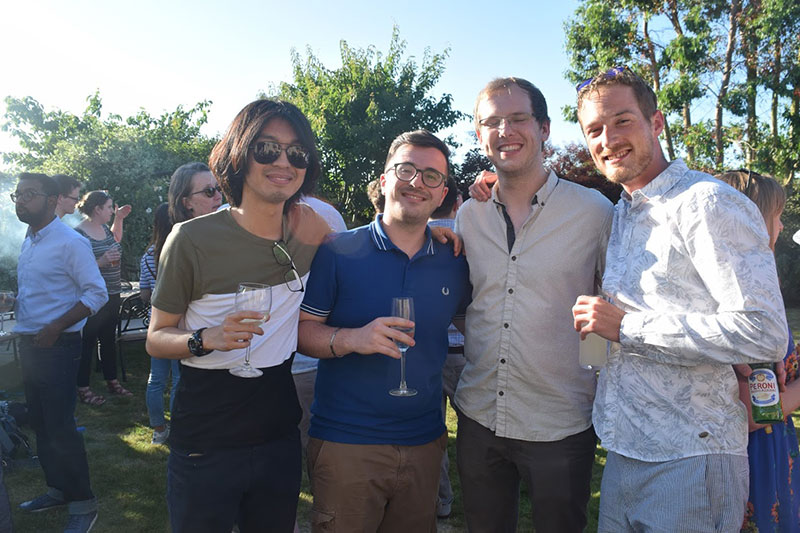
|
Group Summer BBQ 2019 |
|---|
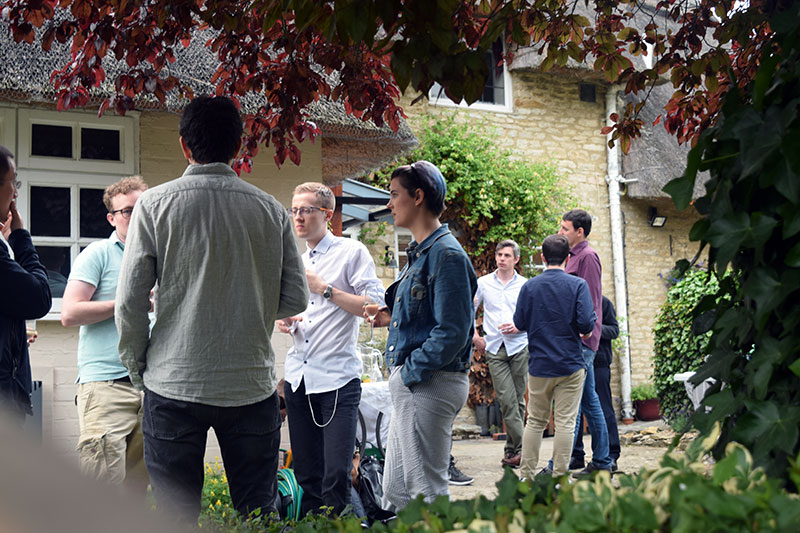
|
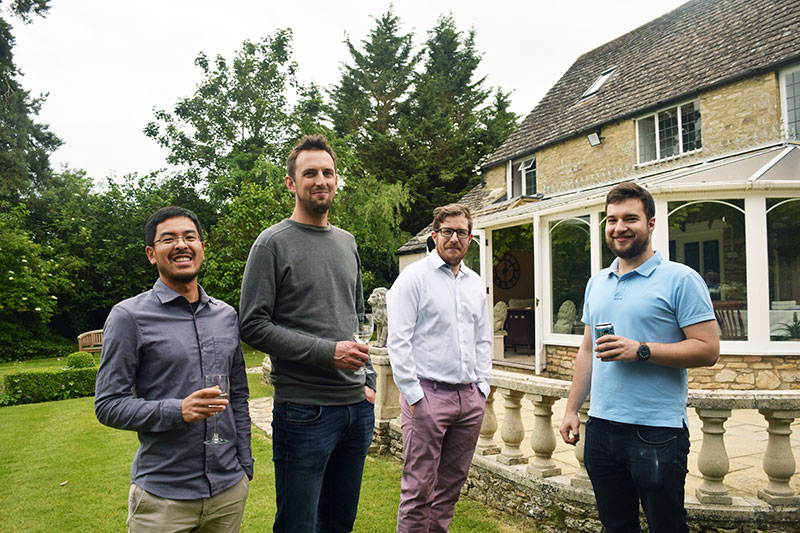
|
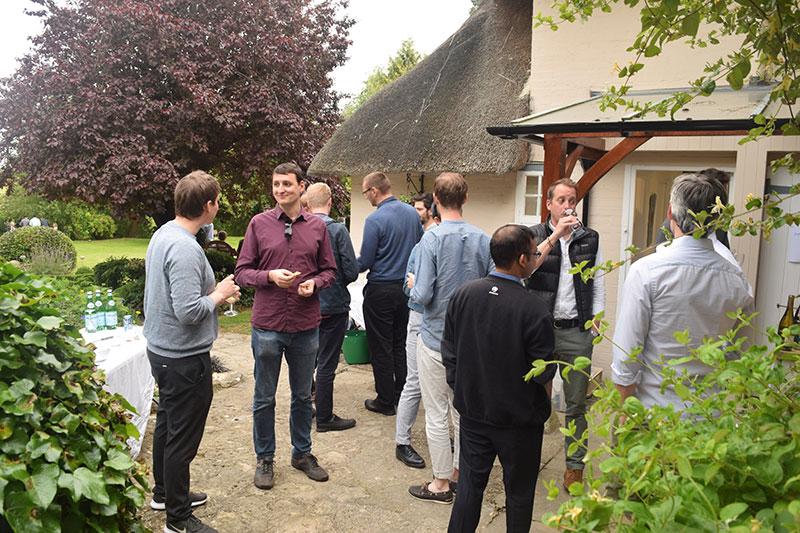
|
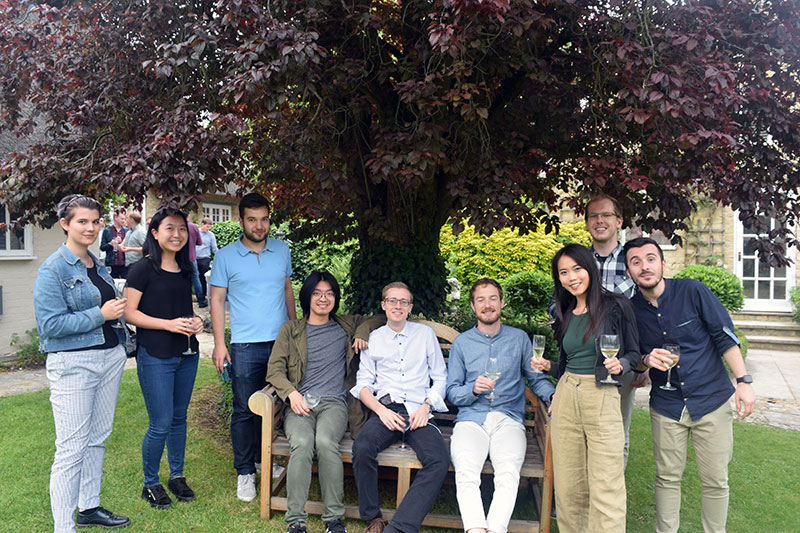
|
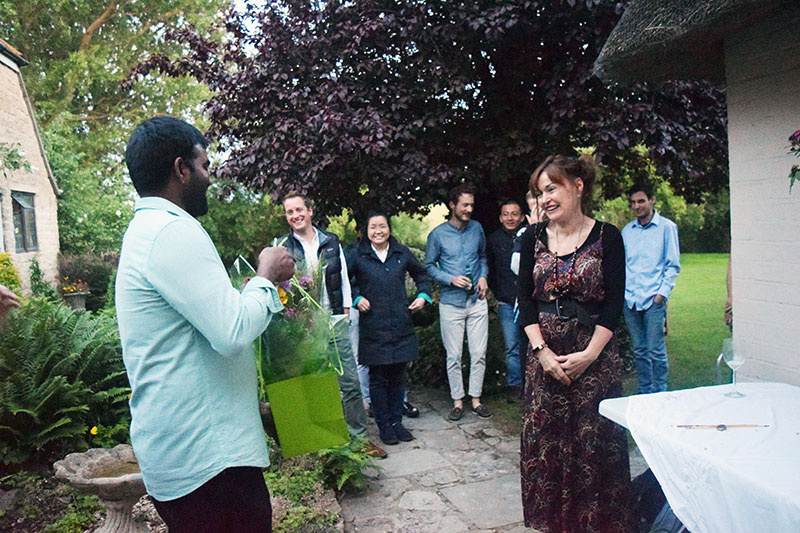
|
Group Summer BBQ 2022 |
|---|
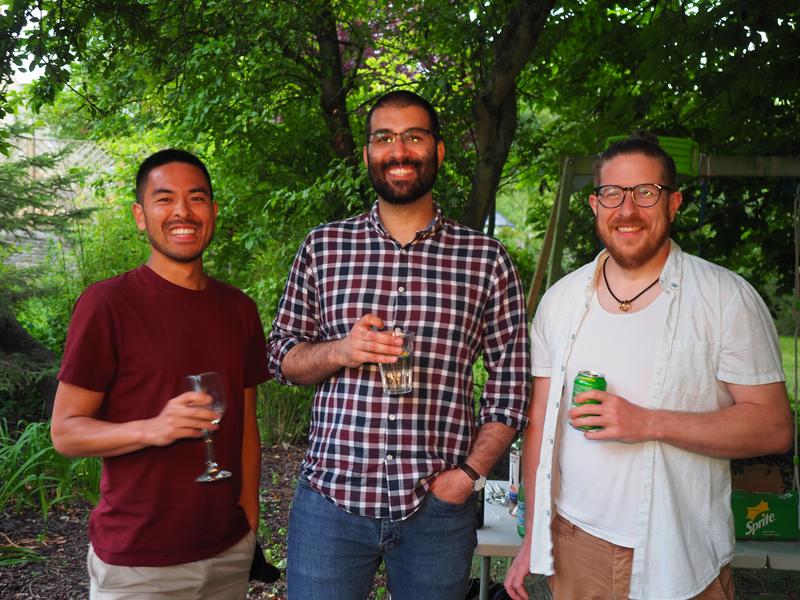
|
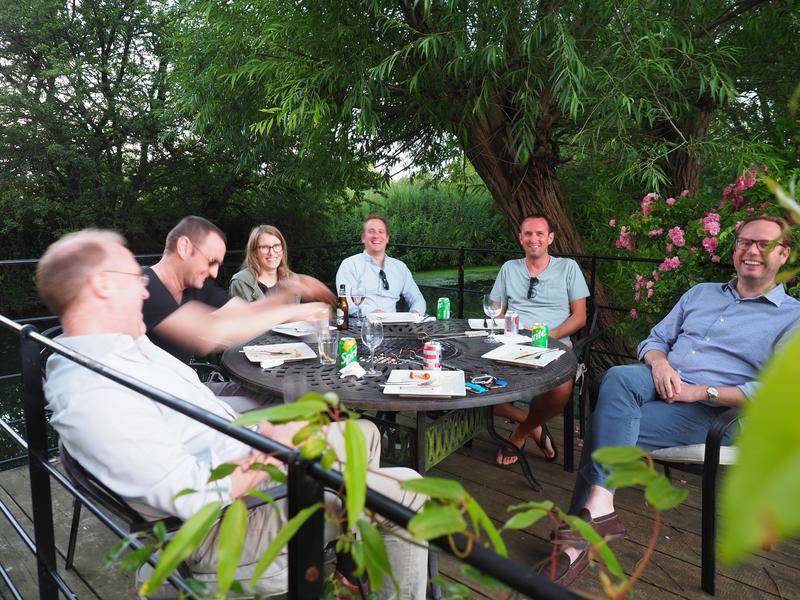
|
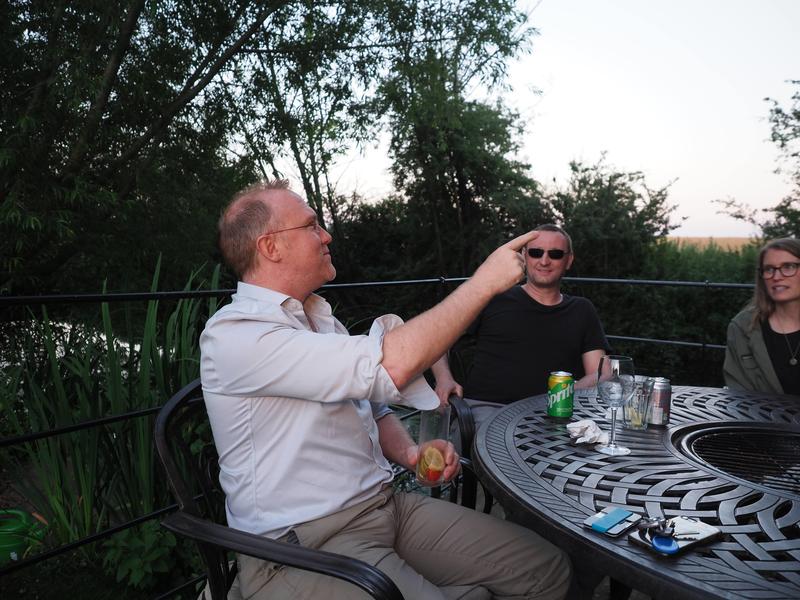
|
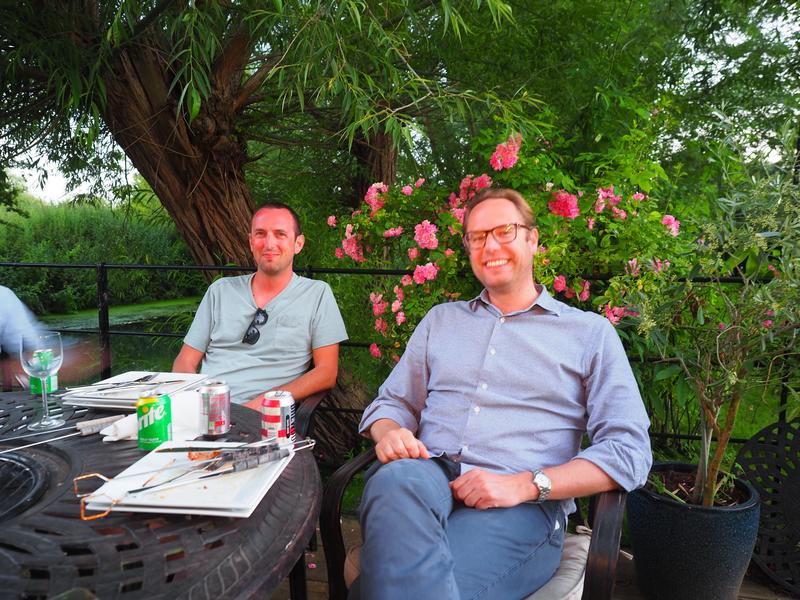
|
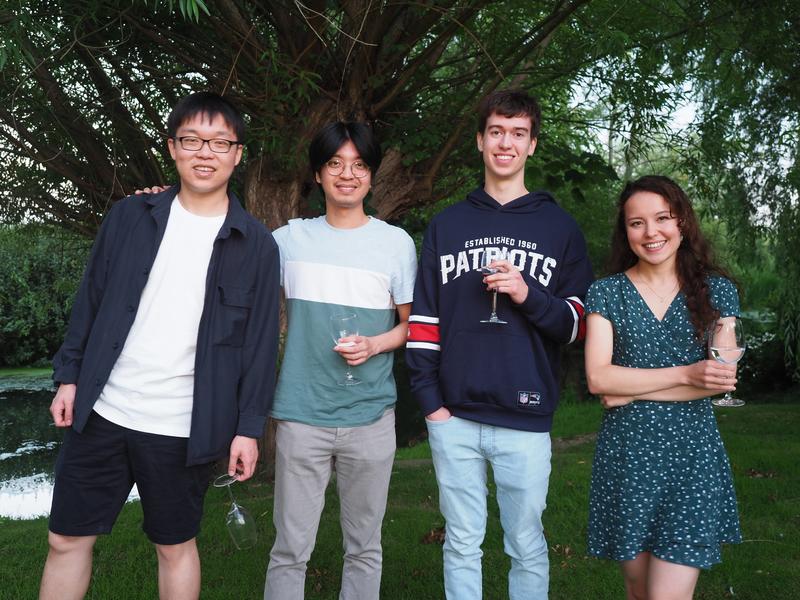
|
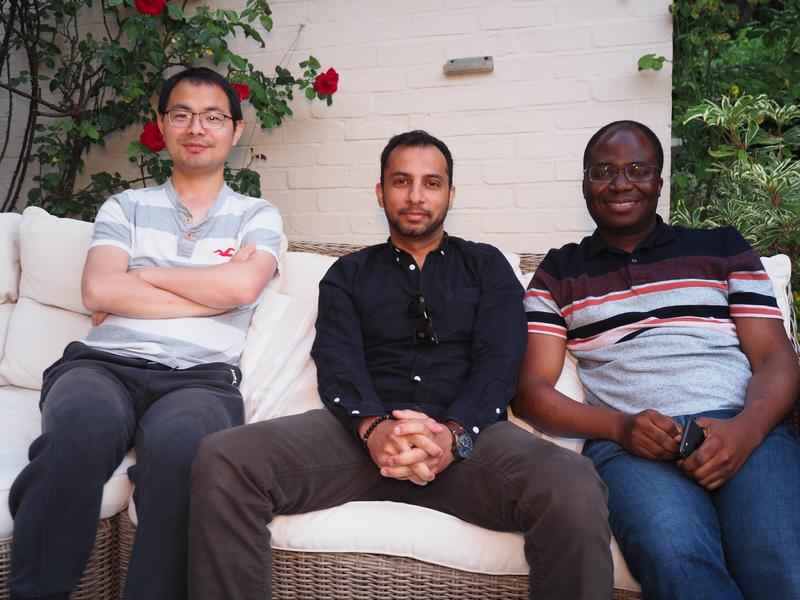
|
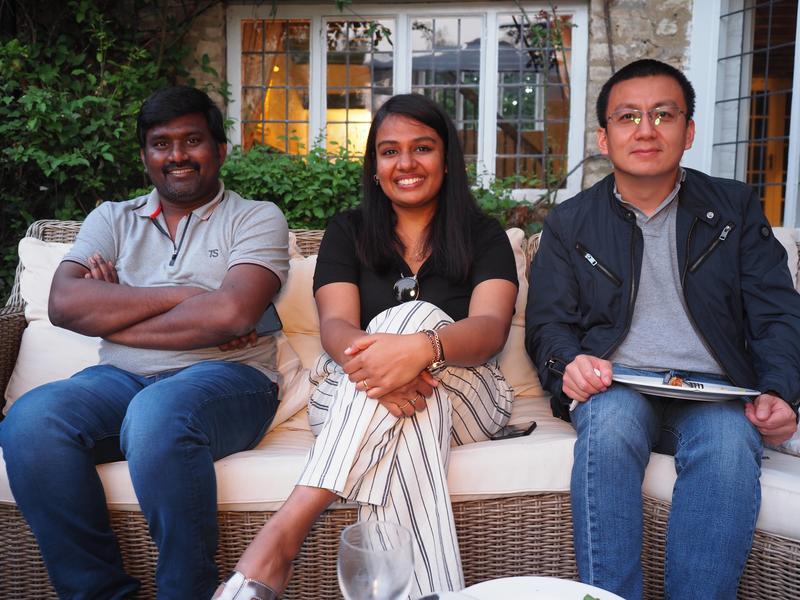
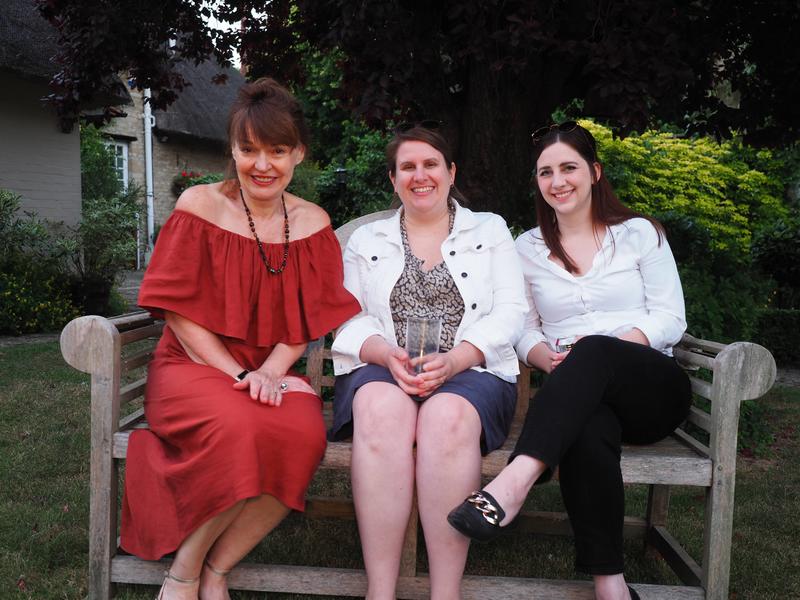

|
Group Summer BBQ 2023 |
|---|
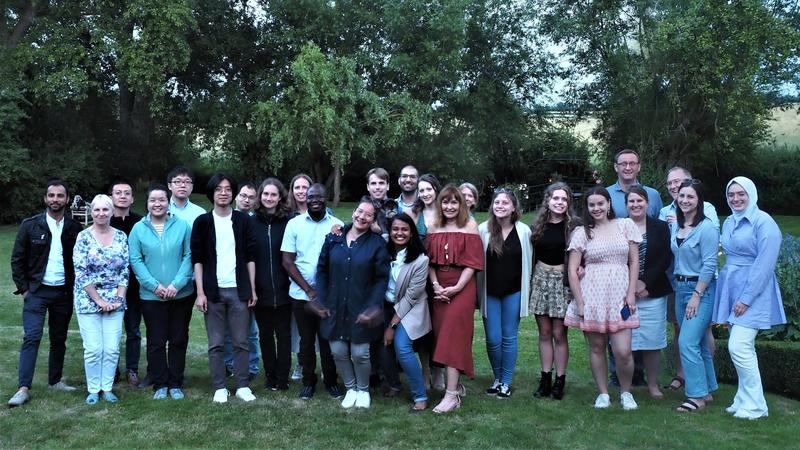
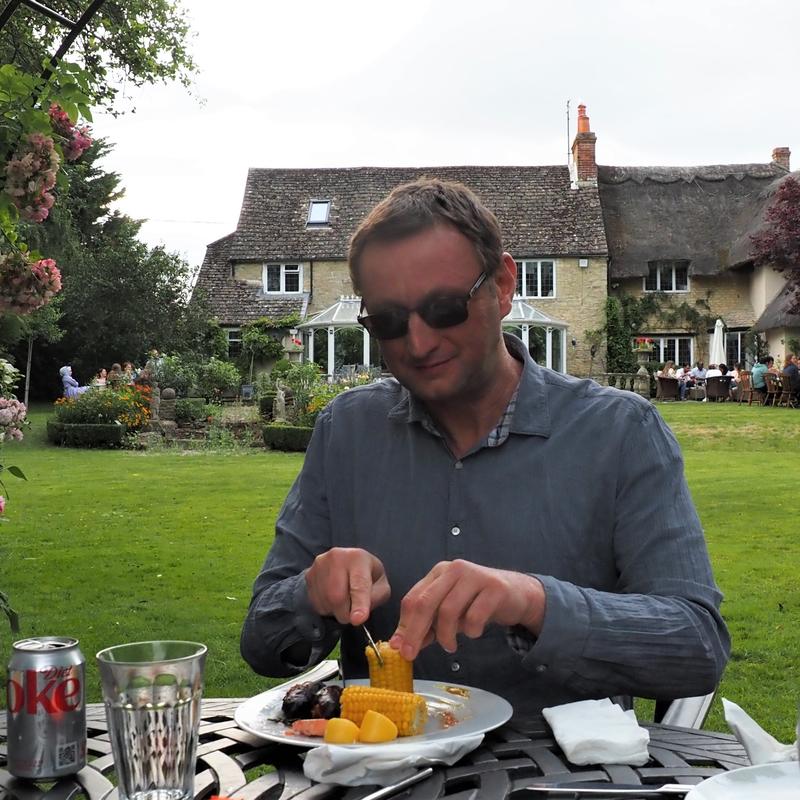
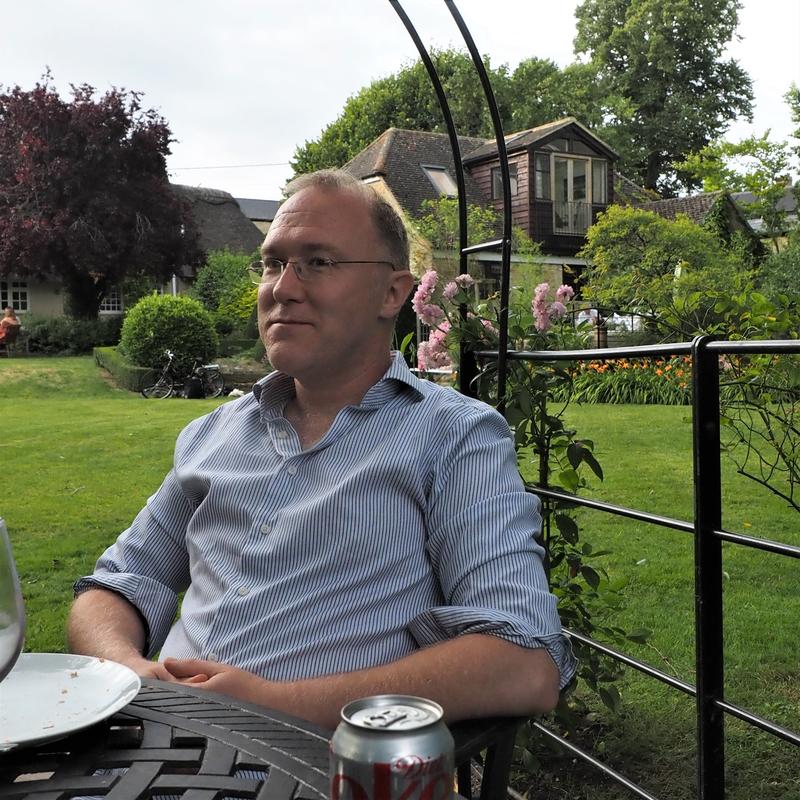
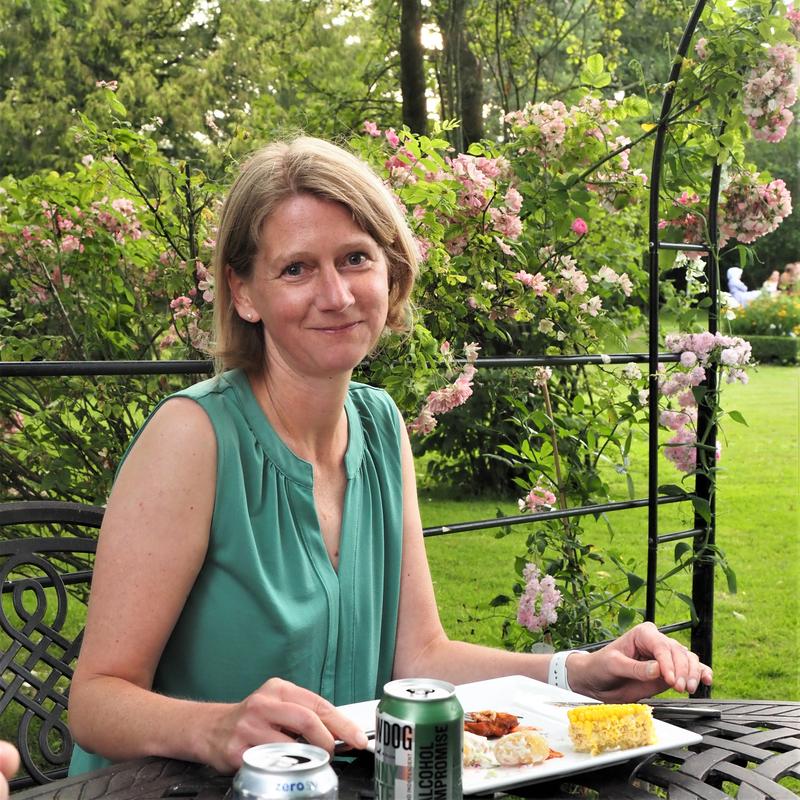
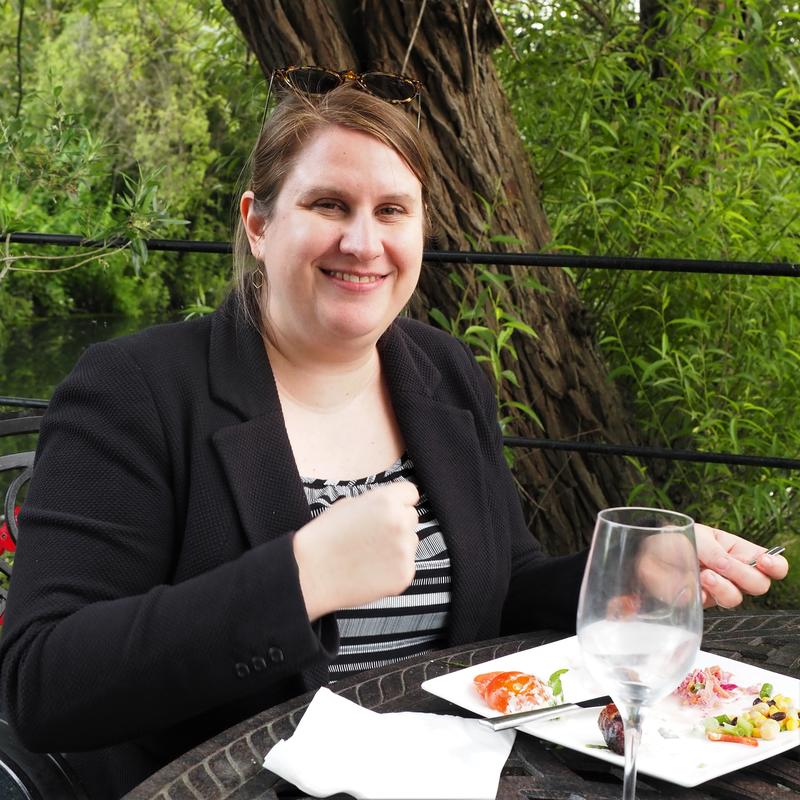
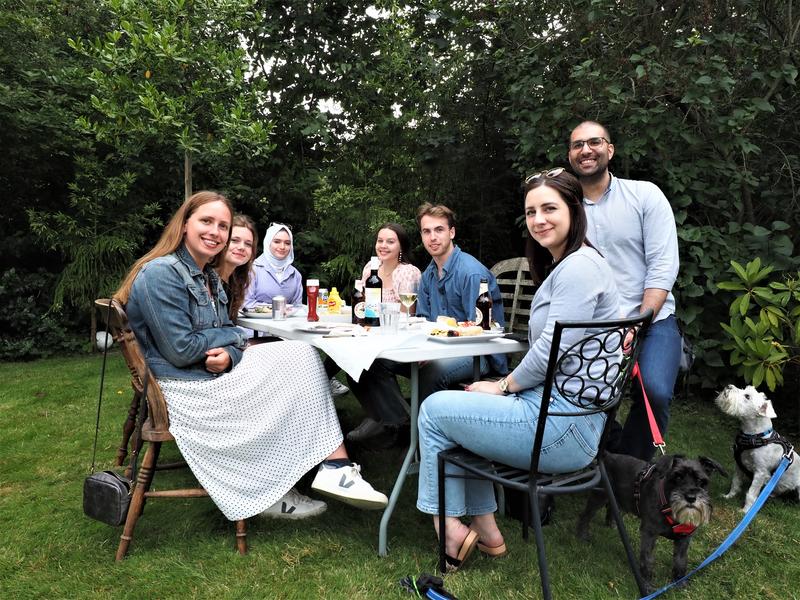
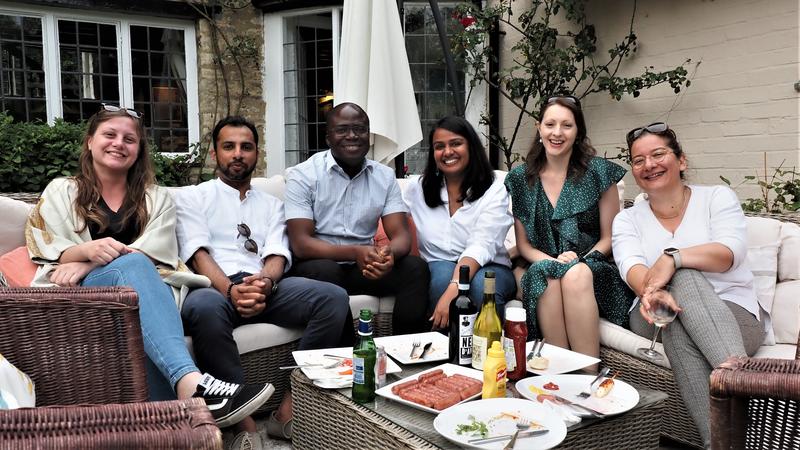
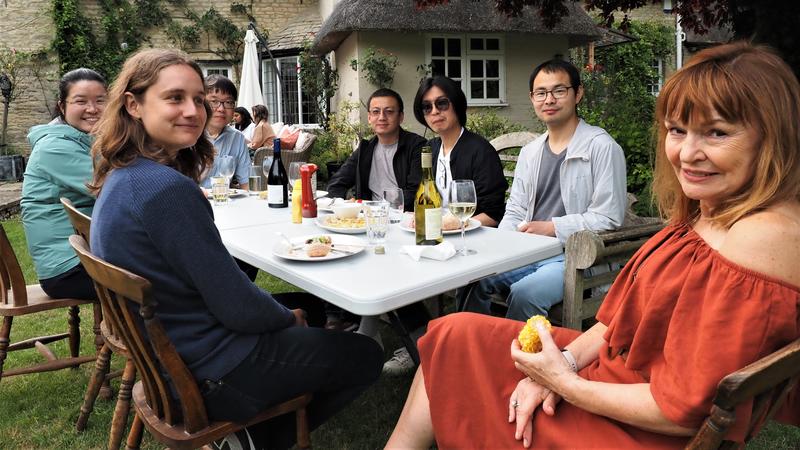
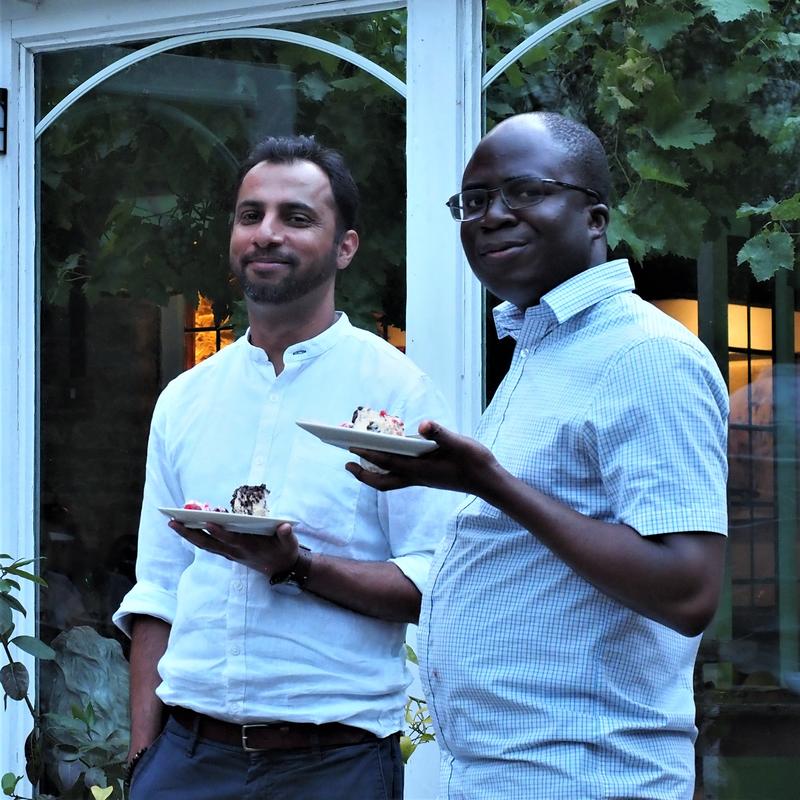
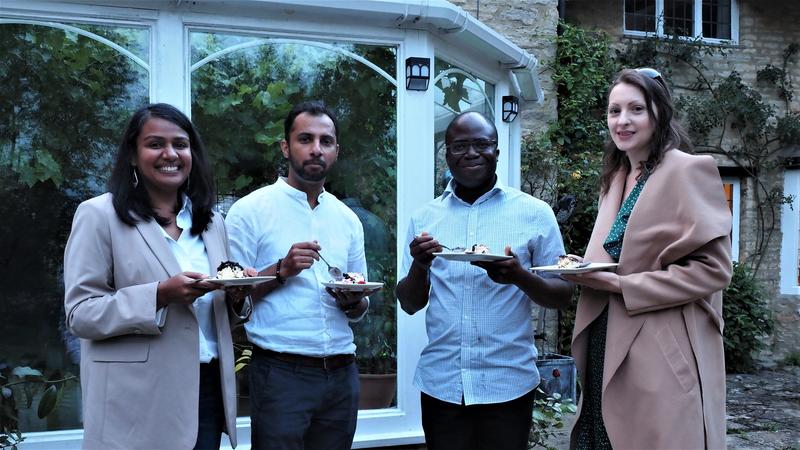
|
Group Summer BBQ 2024 |
|---|
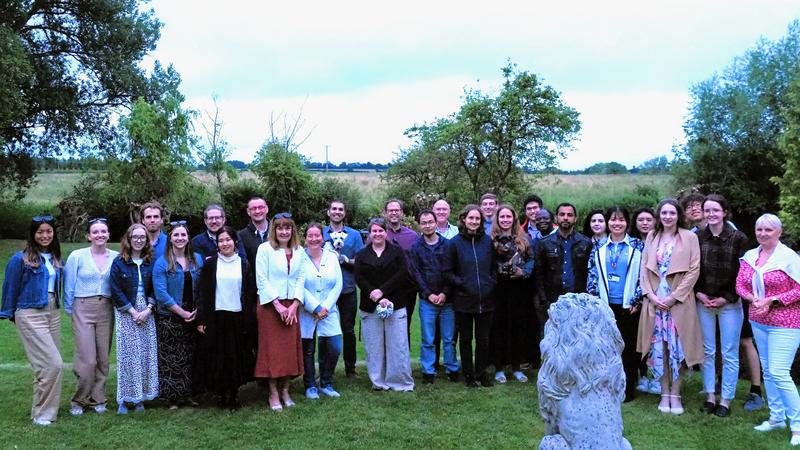
|
Group Summer BBQ 2025
